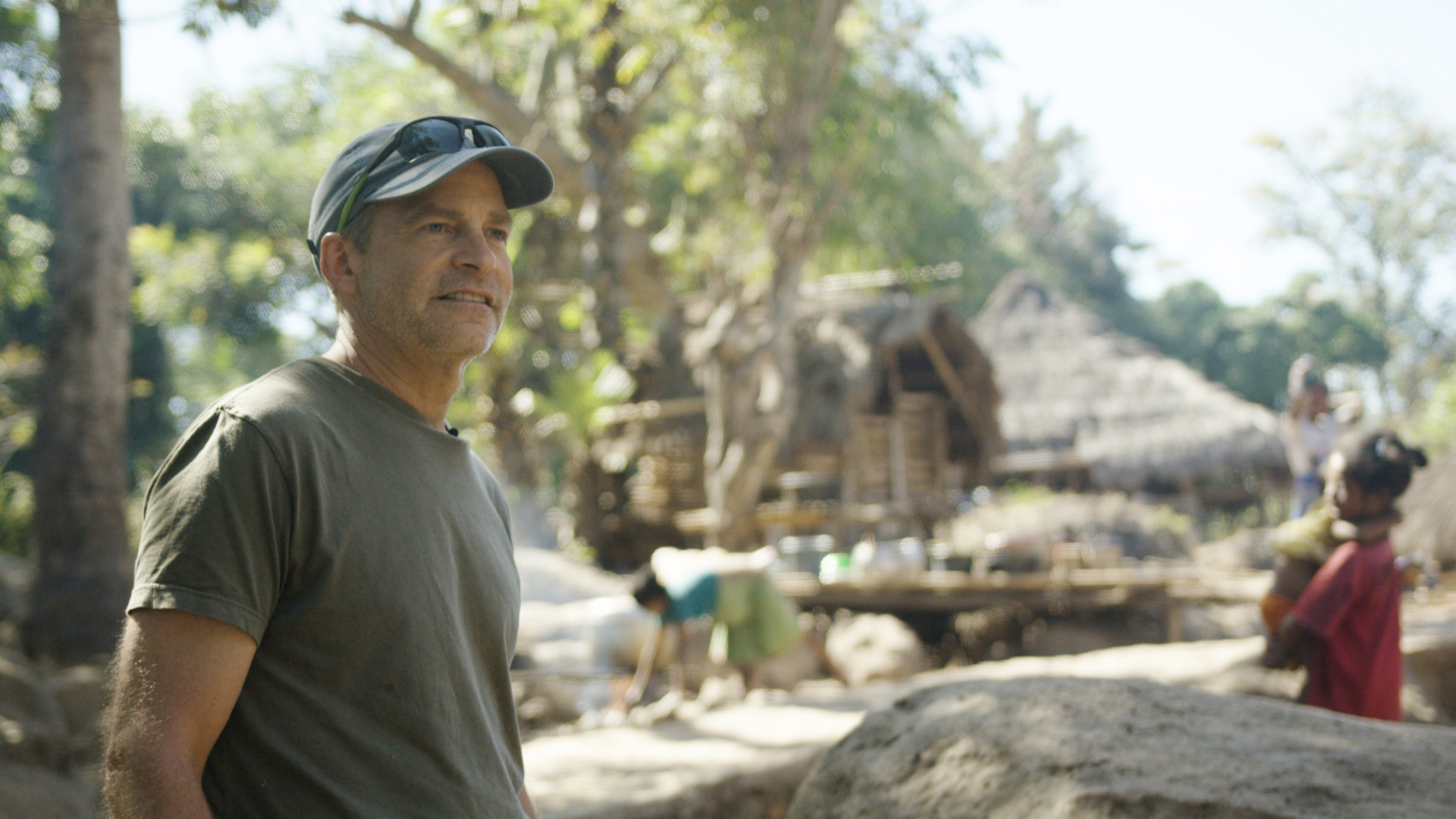How Strategic Partnerships Help SC Johnson Do More to Fight Mosquito-Borne Disease around the World
At SC Johnson, we have built a number of key partnerships in our efforts to help people avoid mosquito bites and the diseases that may be transmitted via mosquito. Working with partners in government, industry and NGOs around the world, we aim to make a significant impact particularly for those living at the base of the pyramid, or the “BOP.”
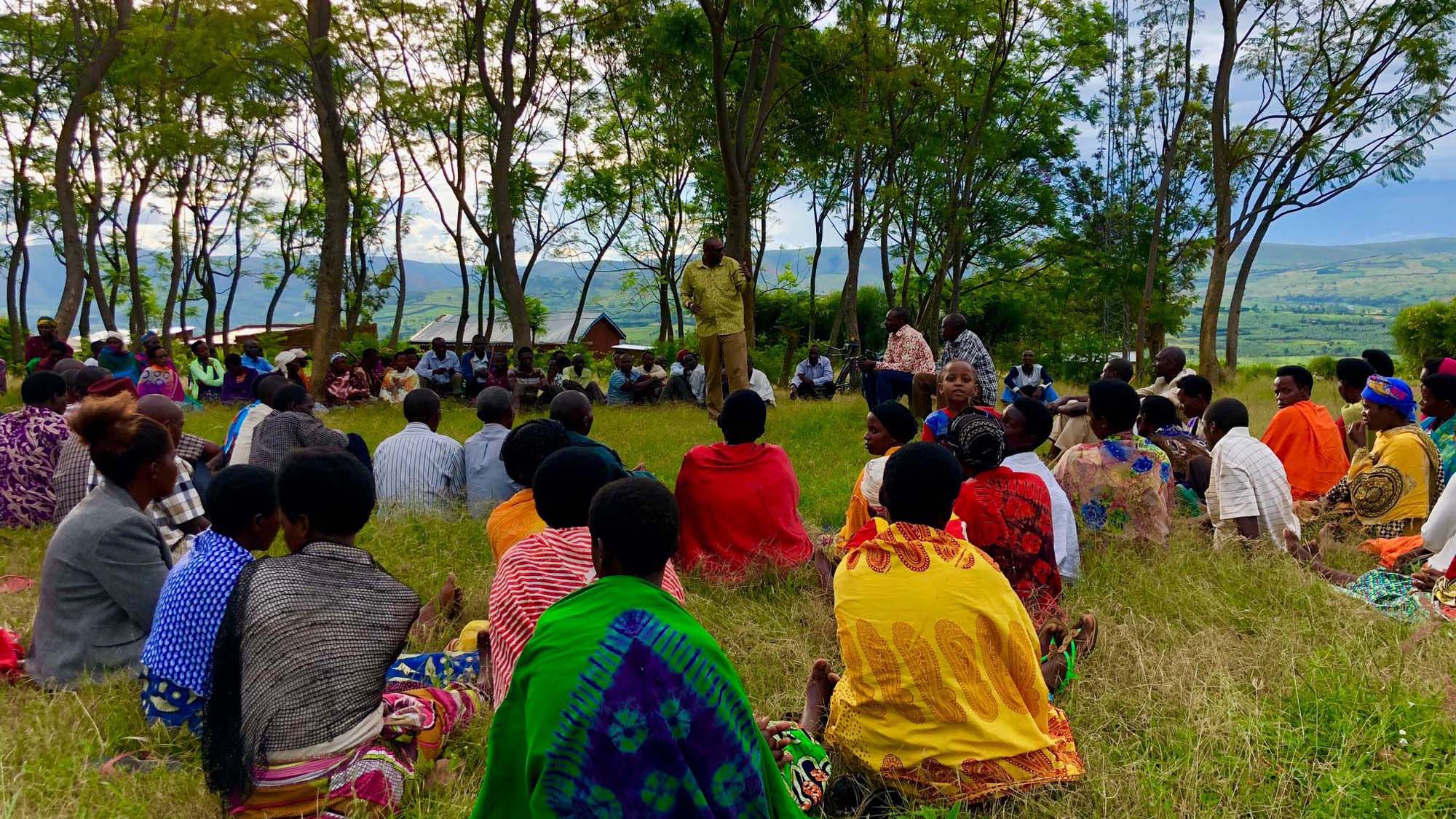
Rwanda Ministry of Health and Society for Family Health Rwanda
Up to 90 percent of Rwandans are at risk for malaria. To help address this risk and other public health issues, in 2018, SC Johnson formalized a partnership with the Rwanda Ministry of Health and Society for Family Health Rwanda.
The idea was to bring together private, academic and health care leaders to build a stronger, more connected health system and make services more accessible. Dr. Diane Gashumba, Rwanda Minister of Health, said that the partnership would “help to improve family health overall and immediately address health care challenges, like malaria, across the country.”
We built 10 health posts across Rwanda, creating access to health services for more than 60,000 people. Before that, it was estimated that the average Rwandan might walk up to three hours to reach the nearest health services.
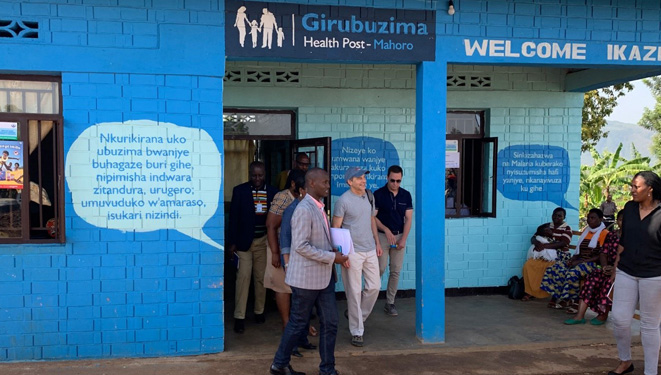
In 2019, we announced plans to support the development of an additional 40 health posts, expanding access to health care and malaria education for more than 200,000 people. It’s an exciting step, and, once again, one that we couldn’t do without our partners who operate the posts.
Manasseh Gihana Wandera, Executive Director, Society for Family Health Rwanda, says that the posts will enable his team to “reach rural communities, educate about ways to prevent malaria and provide a holistic approach to accessing health care services.”
The continuing partnership also includes developing national standards to address mosquito-borne diseases and set local safety and efficacy standards for pest control products. The standards will focus on the distribution and use of mosquito spatial and personal insect repellent products, as well as the encouragement of positive behavioral changes to reduce the potential risk of mosquito-borne disease.
Visiting one of the existing health posts, Chairman and CEO Fisk Johnson said the stories he heard from staff and patients were moving and powerful. Just as important, the learnings from the partnership can contribute to more efforts in the future.
Beyond helping local families, this partnership with the Rwanda Ministry of Health and the Society for Family Health Rwanda is providing insights and best practices that will help our efforts to fight malaria in other countries around the world.
Fisk Johnson, Chairman and CEO of SC Johnson
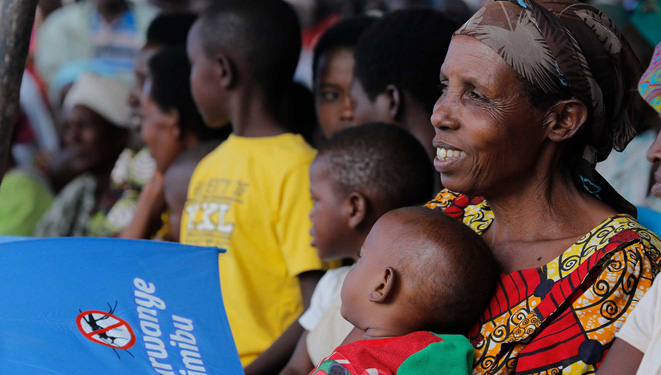
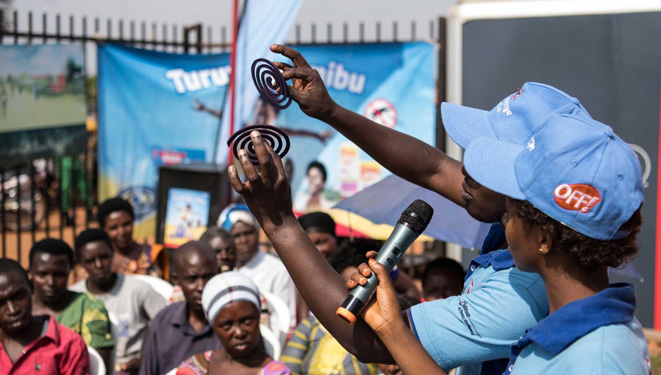
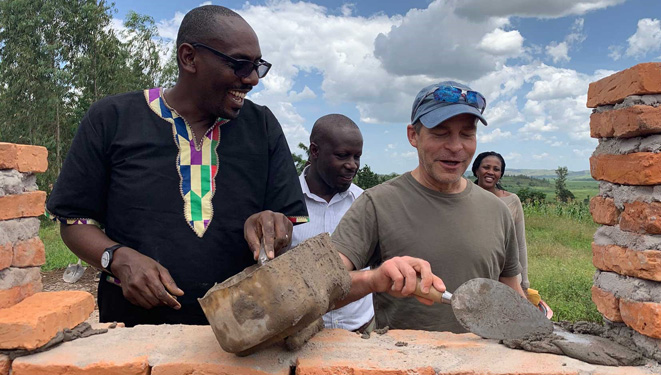
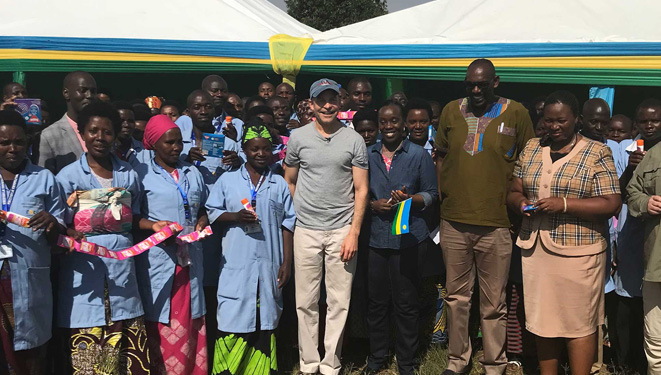




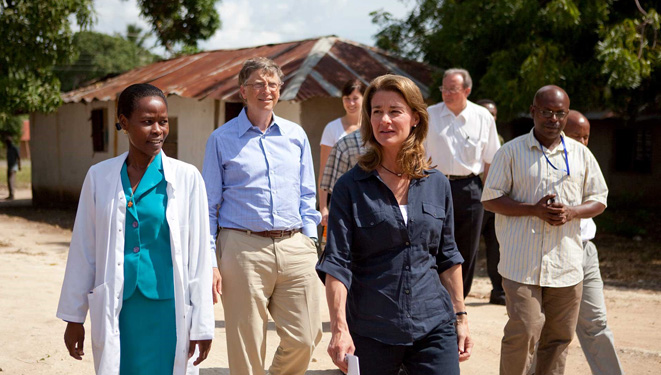
The Bill & Melinda Gates Foundation
SC Johnson works with The Bill & Melinda Gates Foundation on various BOP initiatives because of the complementary perspectives each organization brings to the table.
Depending on the initiative, our joint teams often include people well-versed in diverse disciplines including medical entomology, pharmacology, global public health delivery, market shaping, manufacturing, and product supply.
Most of all, while we all bring strong technical expertise to our teams, we share the believe that solutions will only make a meaningful impact if they’re grounded in the daily lives of our end users. So, we spend time together in the communities of the people we are trying to serve.
Sometimes they are misused, or not used at all if they don’t fit people’s existing routines, their daily lives and their existing habits. These insights drive our work with The Bill & Melinda Gates Foundation. We take a human-centered approach, immersing ourselves in our end users’ lives to genuinely understand their priorities, how they live and what’s important to them.
Teams spend time sleeping with families under mosquito nets in their homes, tapping trees with migrant workers on rubber plantations, or traveling with midwives to provide care in rural communities.
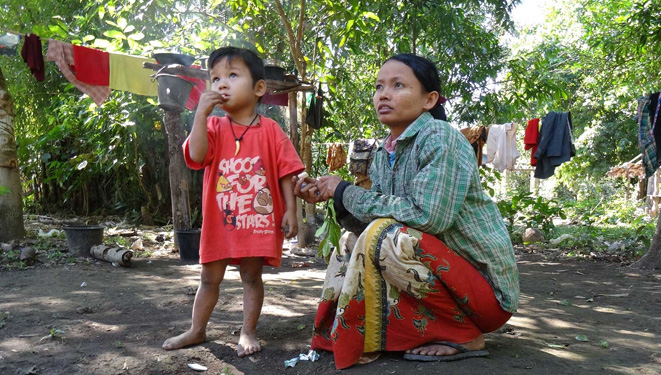
Related Stories
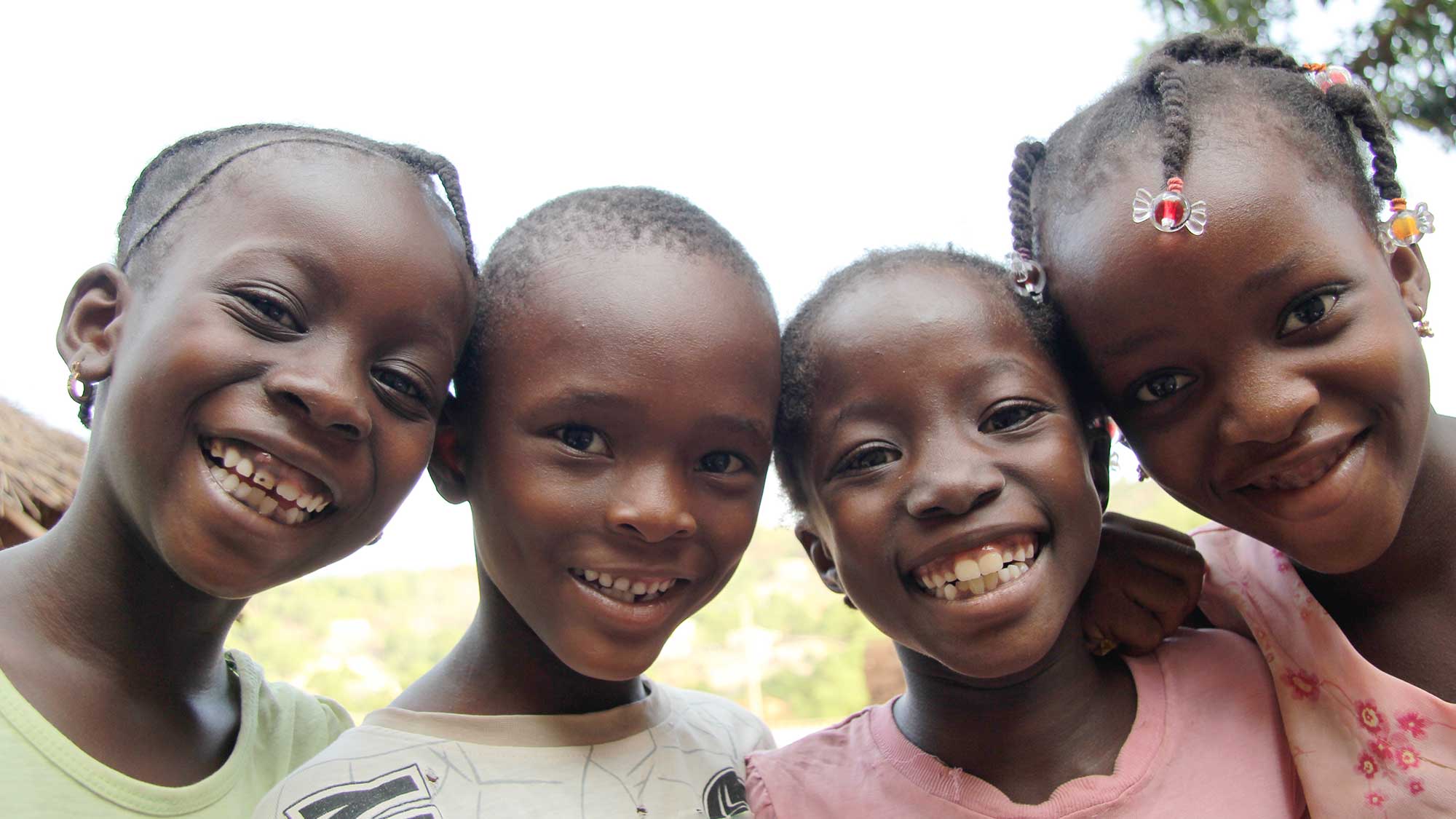
SCJ Supports Families in Rwanda with Greater Access to Health Care, Mosquito Disease Prevention
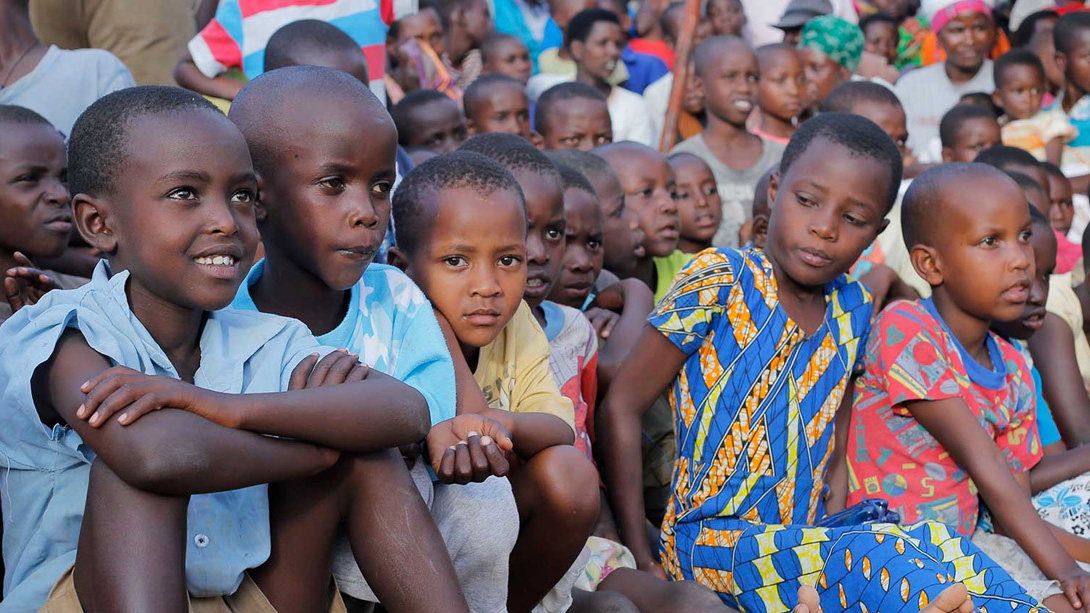
How SC Johnson Works to Enable Better Lives at the Base of the Pyramid
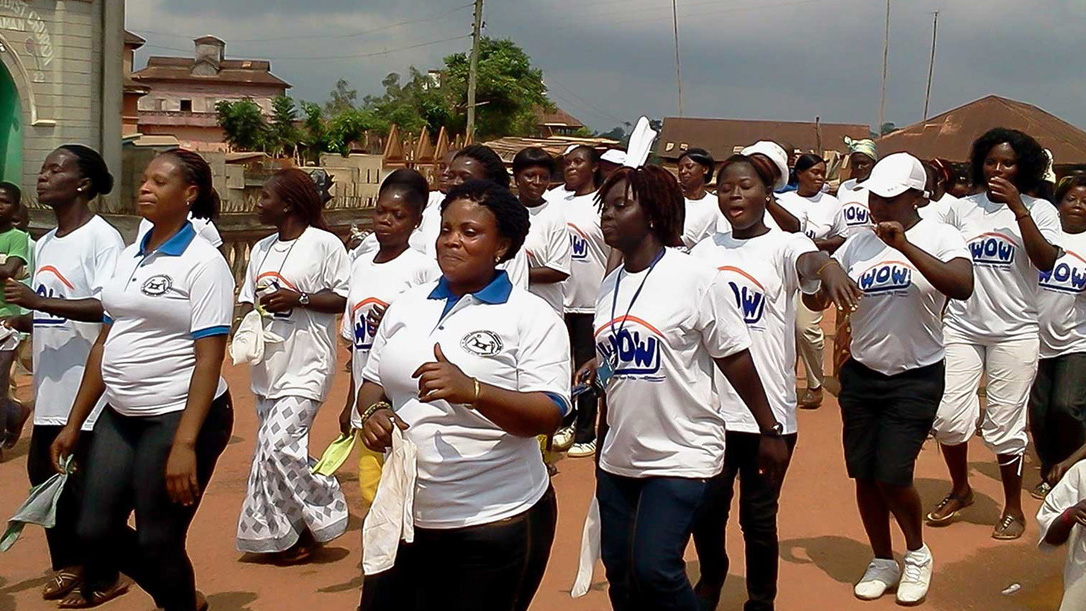
Social Enterprise at the Base of the Pyramid: A Case Study from SC Johnson
